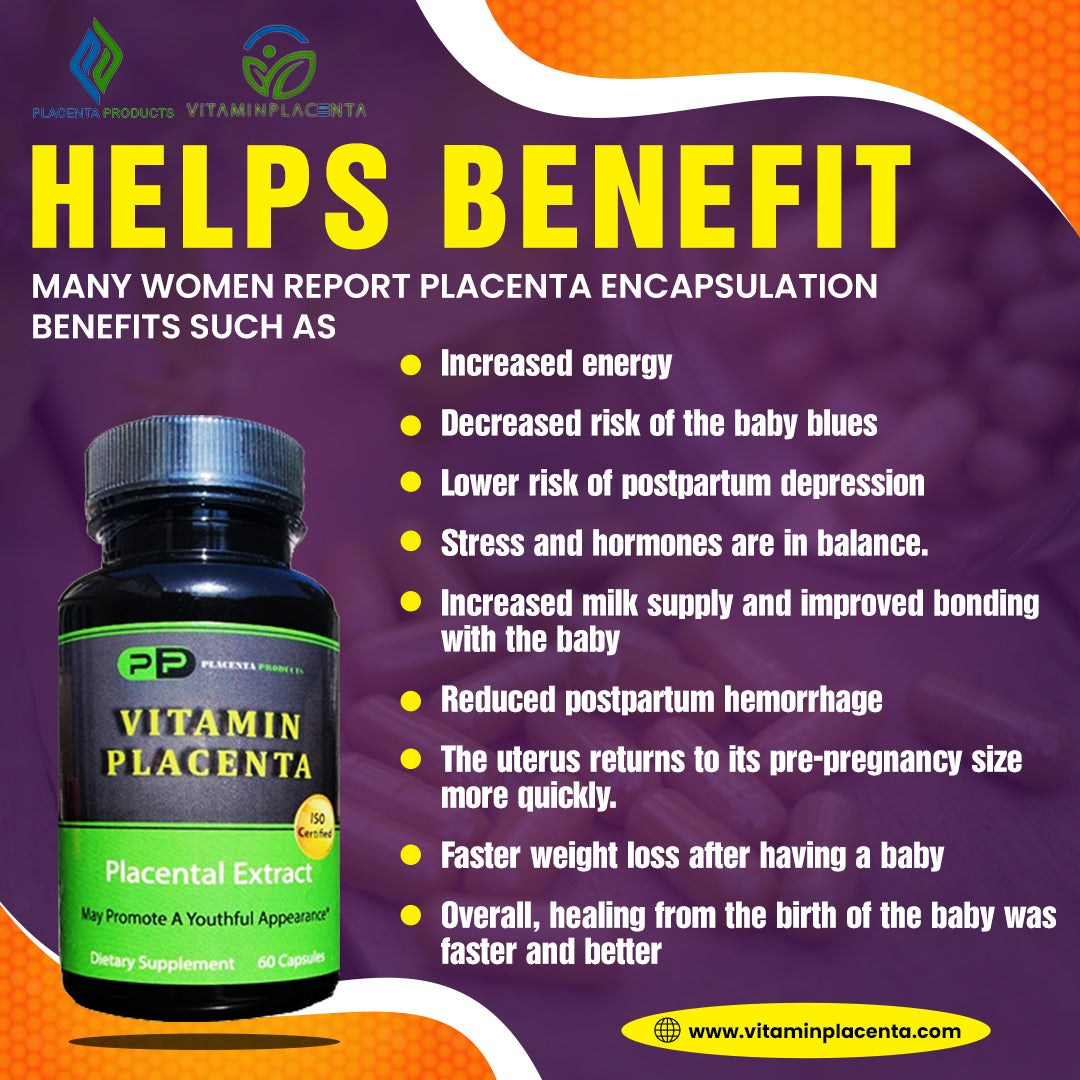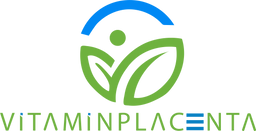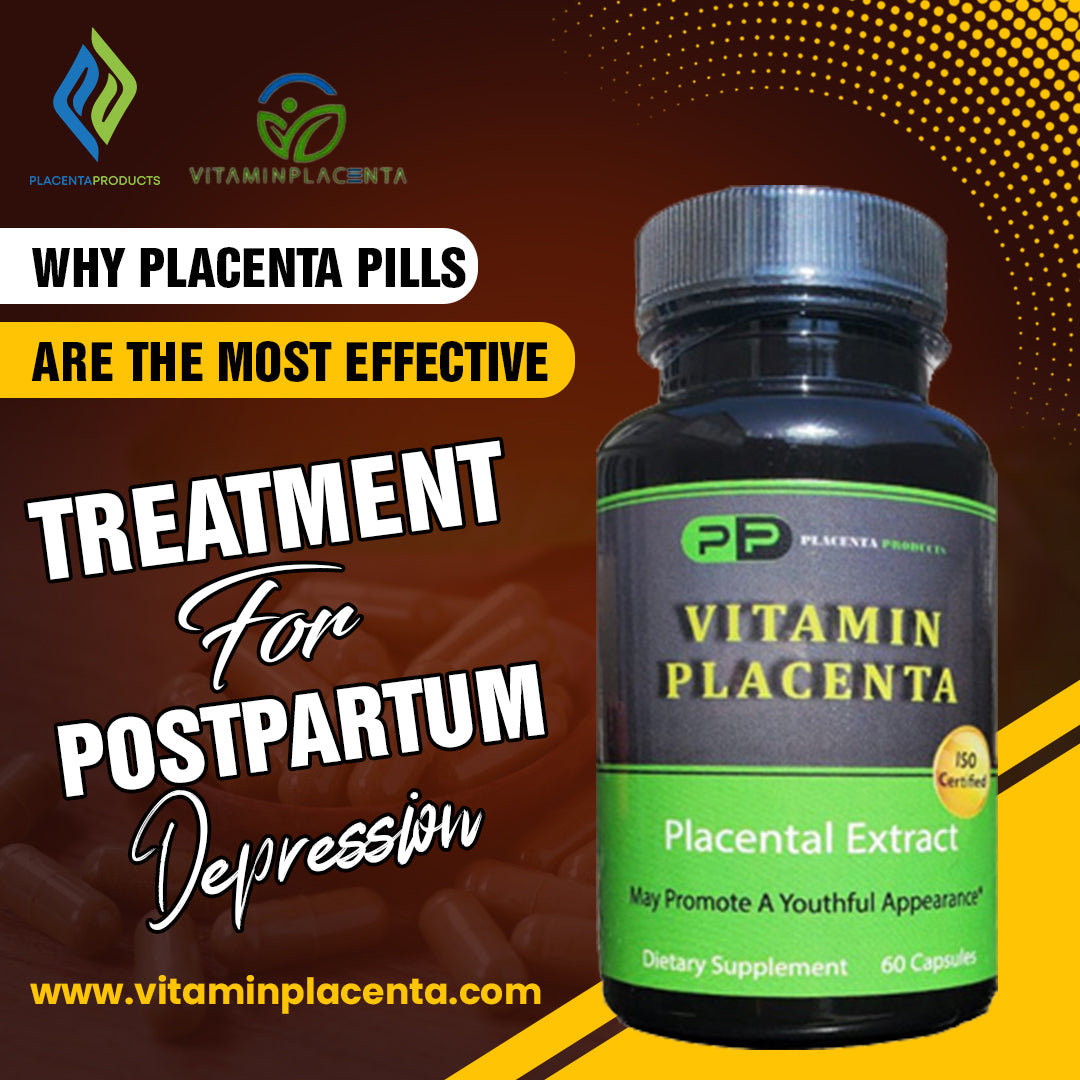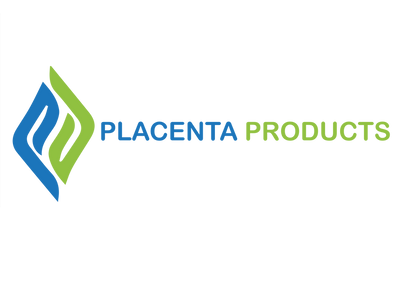Why Placenta Pills are the Most Effective Treatment for Postpartum Depression
Placenta pills provide a safe and effective way to treat postpartum depression. Find out why it works so well! New moms often suffer from postpartum depression after giving birth. Learn about the benefits of placenta pills for treating this condition!
Postpartum depression (PPD) affects many new mothers. It’s also called “baby blues” or “the baby blues.” The symptoms usually start within three weeks after childbirth and last for several months. The placenta is an organ that develops in pregnant women and provides nutrients and hormones to the fetus. It also contains substances that promote healing after childbirth. This substance is called placental tissue, or placenta encapsulation.

What Is Postpartum Depression?
Postpartum depression occurs when women feel sad, anxious, guilty, irritable, or worthless. They may also have trouble sleeping, eating, concentrating, or making decisions. These feelings are different than those experienced by women who are going through menopause.
Postpartum Depression (PPD) is an emotional condition that occurs during pregnancy or shortly after delivery. Symptoms include feelings of sadness, anxiety, guilt, hopelessness, and worthlessness.

Symptoms of Postpartum Depression
If you think you might be suffering from postpartum depression, here are some signs to watch out for:
- You feel sad, anxious, guilty, or worthless
- You lose interest in activities you used to enjoy
- You sleep too much or not enough

Causes of Postpartum Depression
There are several possible causes of postpartum depression. They include hormonal changes, stress, lack of social support, and genetics. Hormonal changes during pregnancy cause women to produce less serotonin, a hormone that helps regulate mood. This decrease in serotonin levels can lead to depression. Stress also plays a role in causing PPD. Women who have experienced stressful life events before becoming pregnant are more likely to develop PPD than those who haven’t had such experiences.
Lack of social support is another factor that contributes to PPD. Studies show that women with partners who are supportive of them during pregnancy tend to have lower rates of PPD than those whose partners aren’t supportive. Genetics also play a role in developing PPD. A study published in the American Journal of Psychiatry found that women who have relatives with major depressive disorder were twice as likely to develop PPD as women without such family history.

Benefits of Placenta Pills in Preventing Postpartum Depression
Many new mothers struggle with postpartum depression. This condition affects up to 20% of new moms. It usually starts within two weeks after delivery and lasts for several months. If left untreated, postpartum depression can lead to serious consequences such as suicide. Placenta pills have been used to treat postpartum depression for centuries.
They are a safe, natural, and effective alternative to medication available for women going through this. Although some of these medications may be harmful for the baby if breast-feeding, doctors may treat postpartum depression with western medicine. Placenta pills have additional benefits such as increased milk production and improved bonding with the baby.
Treat Postpartum Depression with Medication
There are several medications available to help relieve symptoms of postpartum depression. These include antidepressants (like Zoloft), anti-anxiety drugs (like Valium), and sleeping pills (like Ambien). Talk with your doctor about whether these treatments are appropriate for you.

How Do You Know If You Have Postpartum Depression?
Symptoms of Postpartum Depression
There are no symptoms that indicate whether or not a woman will develop postpartum depression. However, there are some warning signs that should alert her doctor to the possibility of this condition. These include:
- Feeling sad or hopeless
- Having trouble sleeping
- Losing interest in things she used to enjoy
- Being irritable or having mood swings
- Not being able to concentrate
- Having thoughts of harming herself or others
- Crying frequently
- Having difficulty eating or overeating
- Having trouble controlling anger
- Having suicidal thoughts

Why are Placenta Pills So Effective?
Placenta pills are used as a treatment for postpartum depression because they contain high levels of serotonin, a hormone that helps regulate mood. In addition, the placenta contains other hormones that help with sleep and appetite regulation. These hormones are released into the bloodstream when the placenta is consumed in capsules.

The Benefits of Placenta Encapsulation
There are several benefits to making and using placenta pills for treating postpartum depression:
- First, it’s a natural treatment that has been used safely for thousands of years.
- Second, it’s an easy procedure that takes less than 30 minutes.
- Third, it’s noninvasive and painless.
- Fourth, it’s inexpensive compared to traditional treatments.
- Fifth, it’s completely safe. Finally, it’s effective at reducing symptoms of postpartum depression.

How Does Placenta Encapsulation Work?
Placenta encapsulation involves taking a small sample of placental tissue and placing it into capsules. These capsules are then consumed by the mother, and through the digestive process they release hormones that help reduce symptoms of postpartum blues.

How Do Placenta Pills Treat Postpartum Depression?
Placenta is rich in many different vitamins and nutrients which can help support the mother during the postpartum period. Besides vitamins, there are certain proteins and hormones in placenta which have amazing effects and benefit anyone who is eating placenta.

One of the beneficial hormones is the Corticotropin Releasing Hormone or CRH for short. This hormone can reduce mood swings, improve sleep quality and regulate circadian rhythm. It can also significantly reduce anxiety and stress, which is the main function of it, and it is only found in placental tissue. Learn more about it by learning the health benefits of eating placenta.

Another protein which helps with PPD is called the Placental Opioid Enhancing Factor or POEF for short. What this does is reduce physical pain, since there can be much pain and discomfort after giving birth. It can also boost energy and improve mood. Working in conjunction with CRH, the POEF effect is enhanced, and the mother experiences less pain, more energy, less anxiety, improved brain activity, and reduced depression.

Placenta Pills Should Be The Preferred Treatment for Postpartum Depression
Instead of using chemicals or pharmaceutical medications to prevent symptoms of postpartum depression, placenta pills provide natural support. They are more effective at treating a wide array of different symptoms all at once. There is no medication to date that can do all the things that placenta pills do, and you’d have to consume at least 3 different pills. Placenta pills help with pain relief.
While it is silly to compare Western medicine to Eastern medicine, the natural homeopathic remedy for postpartum depression treatment is the most effective one to date, and thousands of mothers across the world can attest to these benefits, from famous celebrities eating placenta such as Kim and Kourtney Kardashian eating placenta then raving about it's benefits, to any mother who encapsulated her own placenta.

How Do I Know If My Baby Will Benefit From Placenta Pills?
There are several ways to determine whether your baby will benefit from placenta encapsulation therapy. One of the easiest ways is by looking at your baby’s birth weight. Babies who were born with low birth weights (less than 5 pounds) are more likely to benefit from placenta therapy. Another way to determine if your baby will benefit from this treatment is by looking at how much milk your baby produces after birth. A baby who produces less than 1 cup of breastmilk per day is more likely to benefit from this treatment.
How Long Does It Take To See Results?
If you decide to use placenta pills as a treatment for postpartum depression, you should expect to see results within two weeks. However, some women report seeing benefits as soon as one week after using this treatment, or sooner!

What if I can’t get my placenta encapsulated, or it is too late for me to make my own placenta pills?
That is where companies like Placenta Products come in. They have developed a product for mothers to experience the benefits of placenta pills at anytime, without having to rely on giving birth, saving the placenta, and going through the hassle of encapsulating it into pills. Additionally, their pills are significantly cheaper as well. Placenta pills are useful for more than just PPD, as there are many benefits of eating placenta.
Vitamin Placenta is a product made to benefit women and men who experience postpartum depression or any symptoms of depression, anxiety and pain. The product is made for anyone at anytime to experience the many benefits of placenta pills without the hassle of encapsulating placenta and going through the birth process.
To guarantee safety, Vitamin Placenta pills are made in the US in a GMP facility. Additionally, they are ISO certified, meaning an international third-party organization inspected them for any contaminates, harmful bacteria, viruses, or other pathogens. They thoroughly went through the product to ensure that it is safe and effective for human consumption. Vitamin Placenta is the only ISO certified placental product in the world because it is a lengthy and expensive process, but the team at Placenta Products wanted to ensure that Vitamin Placenta is the best possible product and with that they wanted to guarantee that it can be trusted for safety and efficacy.

How Can I Prevent Postpartum Depression?
Tips for Moms-to-Be
If you notice any of these warning signs, talk to your doctor right away. He or she can help you figure out what’s causing them and how to treat them. You might also consider taking a prenatal vitamin with folic acid, as well as getting regular checkups throughout your pregnancy. You can learn about the advantages of consuming placenta.
How Long Does it Take to Heal After Giving Birth?
It takes anywhere from six weeks to three months for a woman to fully recover from childbirth. During this period, she should avoid strenuous activity, such as lifting heavy objects, running, and swimming. She should also take care not to overexert herself physically or mentally.
Talk about it.
Postpartum depression usually occurs within three months after giving birth. However, some women develop symptoms as early as two weeks after delivery. In fact, up to 20 percent of women who give birth suffer from postpartum depression.

Find Help for Postpartum Depression.
There are many resources available to help you cope with this condition.
Postpartum Depression (PPD) is an emotional disorder that occurs after childbirth. This condition is caused by hormonal changes during pregnancy and birth. Symptoms include extreme sadness, anxiety, fatigue, loss of interest in activities, insomnia, and loss of appetite. In some cases, women who suffer from PPD may feel depressed for months or even years after giving birth. Learning about natural treatments for PPD can help prevent some symptoms.
Be patient.
If you notice any of these signs, talk to your doctor immediately. You might also consider seeing a therapist or counselor. They can help you learn ways to cope with stress and find other support systems.




